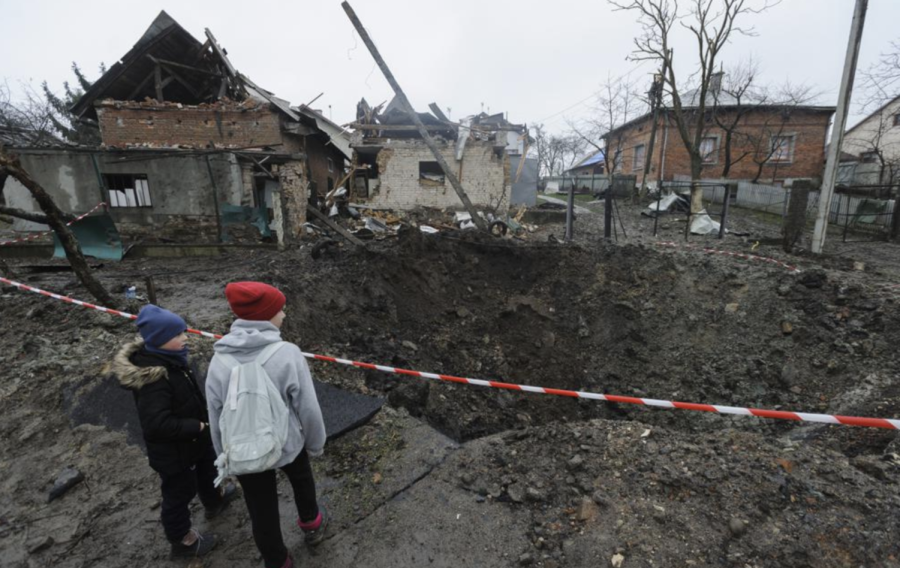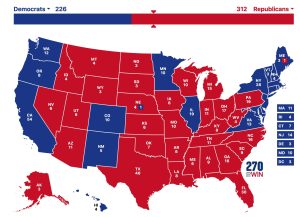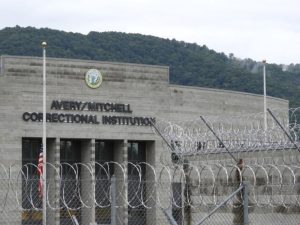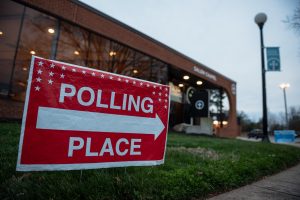Be critical, but maintain peace
Recent events in the Ukraine War show the danger of brinksmanship
On Nov. 15, a Russian missile struck the ground in Poland, stoking fears of an international crisis.
November 16, 2022
Recently, Russia ramped up its military campaign against Ukraine, launching a large number of missiles at critical Ukrainian infrastructure. Most of these missiles hit infrastructure vital to Ukraine’s energy supply, knocking out power across the country. On Nov. 15, a missile landed in Poland four miles from the Ukrainian border. Sadly, two innocent Polish civilians were killed in the strike, exacerbating regional tensions.
As a member of NATO, the United States is bound to defend Poland should it ever be attacked. This has resulted in world leaders convening to discuss how to respond to the strike. Yet, many world leaders, including President Joe Biden, have wisely expressed a hesitancy to directly accuse Russia of launching an attack on Polish soil. Had such an accusation been levied, the U.S. would have to choose between two grim outcomes. One option would be to uphold Article 5 of the North Atlantic Treaty, which requires allies to view an attack on one as an attack on all, and declare war against Russia. The other would be to ignore this agreement and set a precedent wherein the U.S. does not protect its allies. Such a perception of the U.S. could lead to many ghastly outcomes, but none is more frightening than a Chinese invasion of Taiwan, which would prevent the U.S. from accessing a large portion of the world’s semiconductor supply.
Accordingly, a great deal of hesitation is necessary during times of war, as it is essential to gather all details and act with a level head so that the fog of war can be pierced before conclusions are drawn. Western leaders’ hesitancy displayed yesterday proved wise, as the current position of both NATO and the Polish government is that the missile was a stray launched by Ukrainian air defenses. Had NATO or Poland acted without first collecting all of the information, this tragic incident could have plunged the world into a conflict between Russia and NATO.
Although it is certainly possible that Russia may eventually attempt to expand the war, this seems unlikely to happen soon due to the success of Ukrainian defenses. They have tied up many of Russia’s military assets, making other maneuvers unlikely. This reality should grant the West time to pause and rethink how it should deal with future conflicts that could threaten the stability that the United States’ hegemony has provided the world since World War II. Consequently, it is necessary to address how incidents like this stray Ukrainian missile have brought the world close to war due to false perceptions publicized in the hours immediately following its impact.
The ways in which inaccurate details and propaganda are often widespread is a symptom of the “fog of war.” The phrase summarizes a statement attributed to the Prussian general and military strategist Carl Von Clausewitz. It states that many decisions made in war are based upon uncertainty, as it is difficult to understand what is truly occurring during a conflict. If left unchecked, this fog could lead to an unnecessary global conflict. Thus, individuals worldwide must be critical of any reports of military action or international incidents.
This type of critical and out-of-the-box thinking is essential for intelligence analysts whose job requires them to ascertain the many details, often shrouded by war, that could change the tide of a conflict. However, with social media’s role in modern society, individuals are constantly exposed to propaganda or news articles that make unsubstantiated claims before ascertaining necessary details. This reality can result in the public pushing for military action or other threatening responses to events that may not have occurred. In order to appease their voting blocs, elected politicians sometimes act rashly and support these popular viewpoints, even if they have broad repercussions.
There is a long history of citizens in democracies impacting the outcome of wars because what they see or hear can often impact their political reactions. For instance, many American citizens heavily protested the Vietnam War upon seeing the brutality of war on television, which played a part in the eventual withdrawal of American troops from the conflict.
The ability to vote is powerful, and leaders in democracies across the globe know that public perceptions of their responses to major global events could make or break their careers. It is the responsibility of both the media and people everywhere to be vigilant, knowing that not everything is what it seems. If this perception were widely held, the world would be at a decreased risk of war, as leaders would feel less pressure to respond to events before the dust settles. The future of the global order thus depends on a well-educated and critical citizenry that does not seek out opportunities to destroy belligerent powers but whose foremost concern is the truth.












